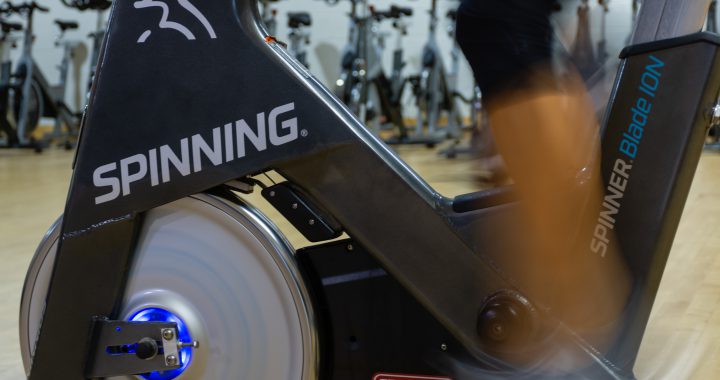Written by Adam Whitlach
WRRFC Head Trainer
It goes without saying that all of us—you and I—are experiencing a sense of unsettled footing in this moment. While our world works to return to some sort of normalcy in the wake of Covid-19, it’s hard to anticipate what might change in the coming weeks and months. But with so much left unknown, it’s important to remind ourselves of the aspects of life that are predictable, and most importantly, manageable. For us, health and fitness stand out glaringly.
For decades, our nation has fought a battle against obesity. It comes as no surprise, therefore, that “obesity is one of the biggest risk factors related to COVID-19 hospitalization and critical illness.” The CDC defines obesity as having a BMI of 30 or greater, and severe obesity as 40 or greater. Under this model, 39.6% of U.S. adults are considered obese. But this can be misleading. For example, anyone who is 5'8" and weighs 200 lbs is considered obese, yet there are plenty of people within those parameters with higher degrees of muscle and lower body fat. Are they still considered obese? I believe we should focus on a more pressing national figure: that 9.2% of U.S. adults are severely obese (with a BMI greater than 40 BMI).
Long before this pandemic, obesity has been responsible for a host of health complications including diabetes, high blood pressure, resistant airways, kidney disease, high cholesterol, weaker respiratory muscles, and pneumonia. While none of these are necessarily a death sentence on their own, they can lead to difficulty fighting off other infections and place additional stress on your heart and lungs. The symptoms caused by obesity are pretty grim, but the solution is not. Reversing many of these side effects can be achieved simply by losing weight. Regardless of the method you choose, losing weight (and keeping it off) is critical in warding off obesity.
In addition to retaining a healthy weight, the role that getting adequate sleep plays in our general health is often overlooked. Matthew Walker, a professor of neuroscience, explains, "Sleep loss will leak down into every nook and cranny of your physiology. Sleep, unfortunately, is not an optional life luxury. Sleep is nonnegotiable biological necessity. It is your life support.” Walker goes on to say that sleep deprivation makes your brain slower, weakens the immune system, and leads to other mental and physical problems. If our sleep is inadequate, then we can naturally expect bodily performance to suffer.
Moreover, regular exercise leads to significant health benefits like improved bone density, decreased risk of heart disease, and decreased symptoms of anxiety and depressions, to name a few. But most of all, our immune system is strengthened by regular exercise. According to the Australian Journal of General Practice, “Moderate-intensity exercise training is associated with a reduced incidence, duration and severity of upper respiratory tract (predominantly viral) infections. A number of epidemiological studies suggest that regular physical activity is associated with decreased incidence of and mortality from influenza and pneumonia.” Importantly, the authors go on to say that no data currently exists regarding the effects of exercise on coronaviruses. Of course, it’s too early to conduct meaningful research on this.
It is important to remember there are no exercise-based activities that will directly affect your ability to negate or minimize the effects of COVID-19. What we need to keep in context is that there are a plethora of factors involved with a strong immune system; physical activity is only one piece of that puzzle. Just like how obesity is responsible for a host of ailments, exercise can boost a number of positive processes/responses in the body that can help ward off disease. The bottom line: give yourself the best hand of cards that you can control, and then let the cards fall where they may. Beyond that, we’ll have to rely on modern medicine to handle the rest.

